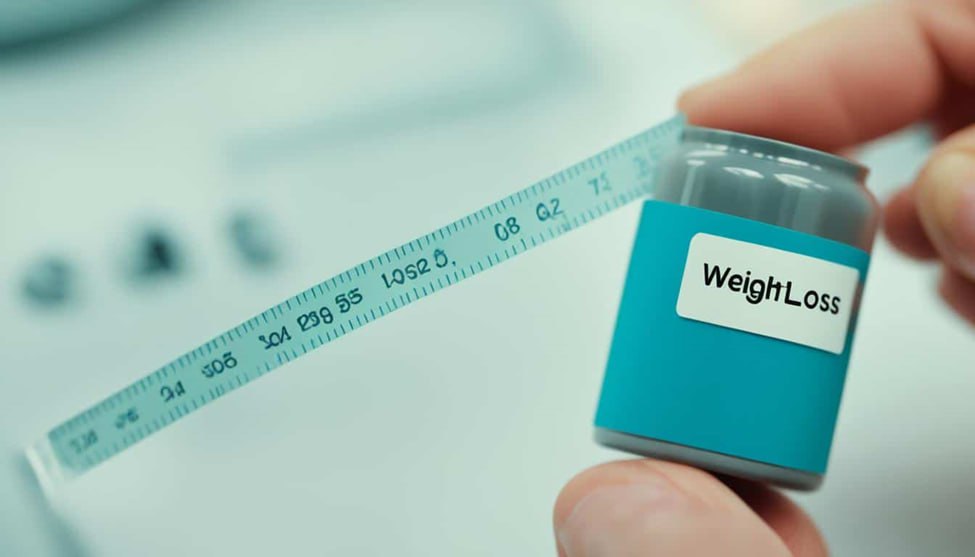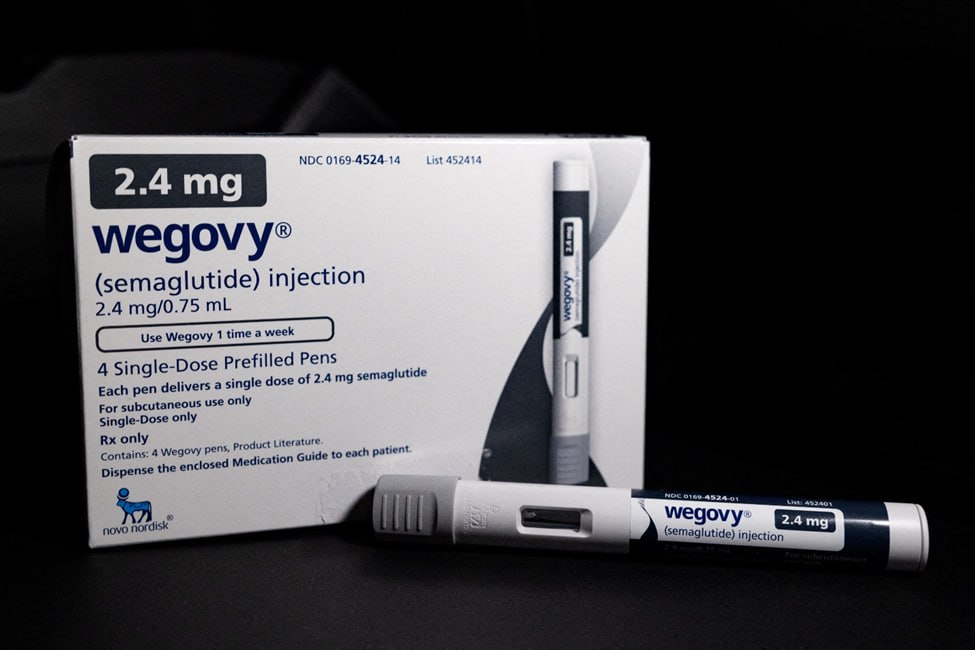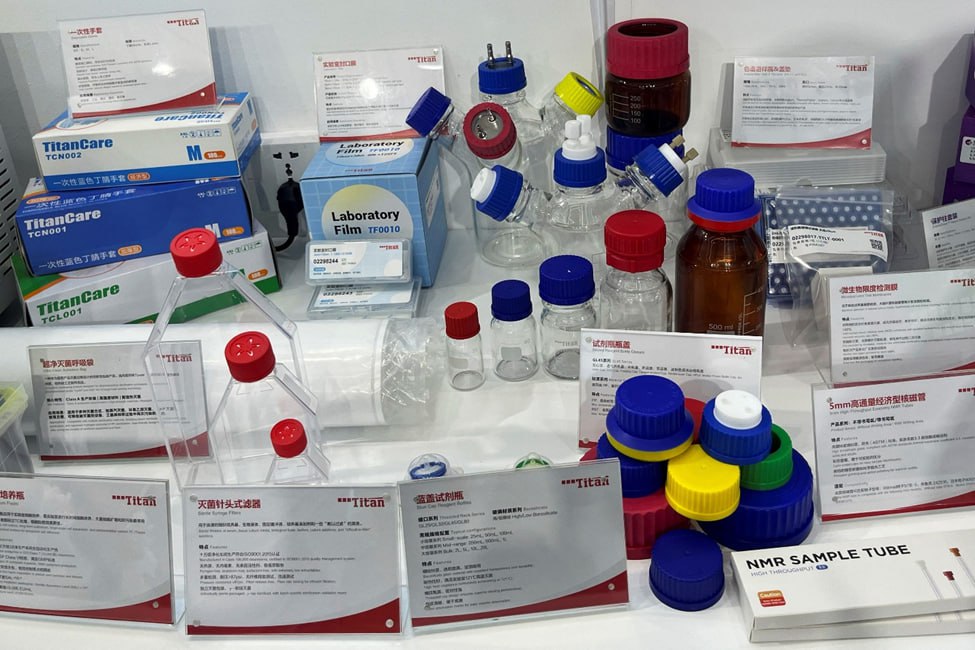Doctors advise most patients on GLP-1 obesity drugs such as Wegovy and Zepbound to stay on them to keep the weight off, but as more U.S. insurers restrict coverage people are trimming costs by stretching doses or forgoing expenditures like vacations to pay for the medication out of pocket.
A half dozen doctors who spoke with Reuters said insurance coverage has tightened in 2025 as many employers drop it for the expensive GLP-1 drugs. While patients on these medications are counseled on proper diet and exercise, clinical trials show that people who stop taking these drugs are apt to regain weight, opens new tab.
Get a quick look at the days breaking legal news and analysis from The Afternoon Docket newsletter. Sign up here.
Novo Nordisk’s (NOVOb.CO), opens new tab Wegovy and Eli Lilly’s (LLY.N), opens new tab Zepbound are weekly injections with U.S. insurer list prices of more than $1,000 a month. For customers willing to pay cash, both drugmakers will ship directly for $499 a month if refills are purchased at fixed intervals.
“A significant number of my patients now pay cash,” said Dr. Nidhi Kansal, an obesity specialist at Northwestern Medicine in Chicago. “People find a way to scrounge up $6,000 a year, which sucks, because that’s a vacation or two.”
More than a billion people worldwide are obese, according to the U.N. World Health Organization, which has said the GLP-1 drugs could help end the obesity pandemic.
‘A KIND OF PURGATORY’
A tech industry job change for Yelena Kibasova, a 40-year-old who lives in the Minneapolis area, meant loss of coverage for her Zepbound prescription that helped her achieve and maintain a 150-pound (68-kg) weight loss.
“My new company does not cover GLP-1s, so now I am in a kind of purgatory,” Kibasova said. “I stopped doing my nails. I stopped doing my hair. Those things are not as important as me staying at a healthy weight.”
The doctors interviewed by Reuters said patients once leery about long-term obesity treatment are now more comfortable staying on a drug. The doctors said that conversations about temporary use happen only when a patient is trying to lose a certain amount of weight for issues such as fertility treatment or an organ transplant.
These obesity specialists said they are hopeful that competition will help bring down prices as new weight-loss options emerge, including new oral drugs that may be available next year.
Lilly last week announced trial results for its easier-to-manufacture pill, which was shown to cut patient weight by 12.4%, a few percentage points less than injected drugs. The company hopes to launch it in August 2026.
Kenneth Custer, Lilly’s head of cardiometabolic health, told Reuters the pill is being tested in several settings, including as a maintenance therapy. Custer declined to comment on how it might be priced.
MEDICATION FOR MAINTENANCE
Dr. Anne Peters, an endocrinologist at Keck Medicine USC in Los Angeles, said it is important that patients who reach their weight-loss goal not stop a prescription “cold turkey,” so the dose can be tapered down over several months. Peters said about a third of her patients are able to reduce their dose and maintain weight loss, while the rest need to stay on the medication.






